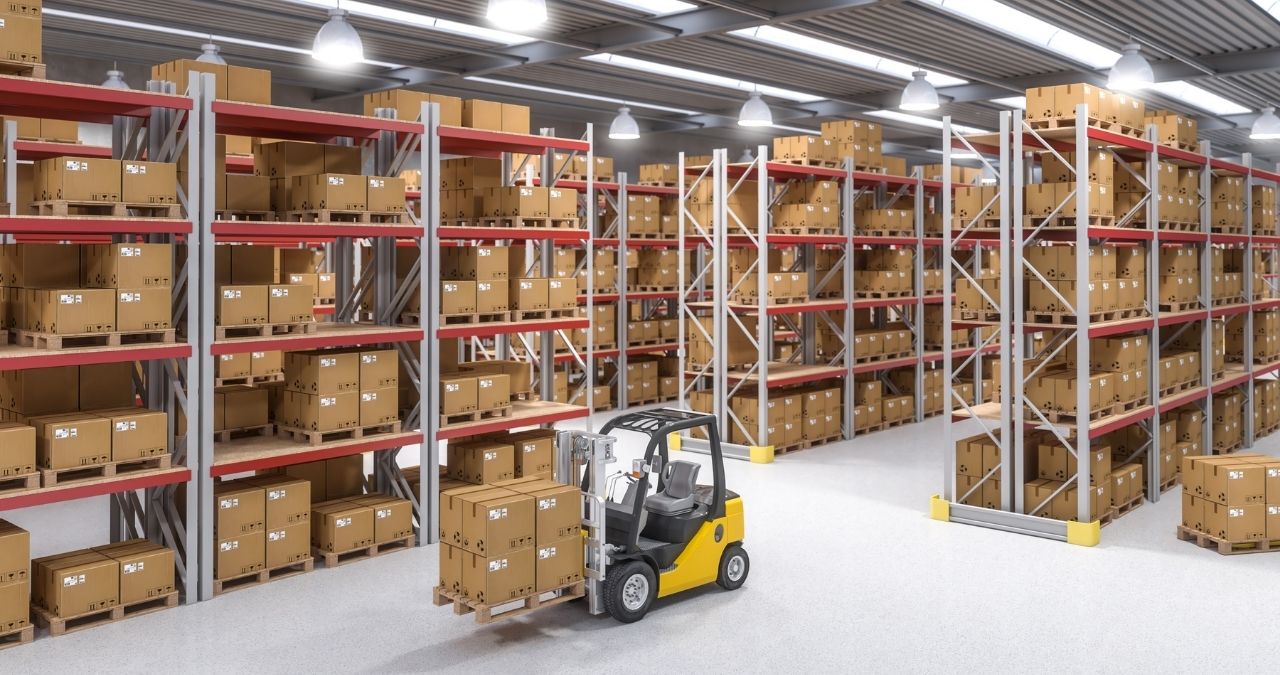
With the rising demand for various warehouses, you must choose a warehouse that can suit your business operations and requirements. If you are a business person dealing with the storage of goods, you might think that you will only rent or build a warehouse. However, the kind of storage space you choose can affect your ability to receive orders on time and satisfy your customers. Such a case explains why it is important for you to spend your time deciding the types of warehouses that can support your business objectives. To help you choose the best type of warehouse for your business, you can look at the guide below.
Types of Warehouses
Bonded Warehouses
Bonded warehouses are the best storage facilities for imported goods. Based on the name of a warehouse, it implies that this kind of facility is used for storing imported goods whose owners have not paid excise and customs duty. Bonded warehouses are owned, managed, and operated by both private and government agencies. In case you are a private agency wishing to operate a bonded warehouse, you will be required to obtain a license from the state government. Importers are not allowed to move their goods until they have paid import duty. As a result, these types of warehouses are located around ports. If the goods do not attract local demand, one can export them and be exempted from paying import duties.
Government Warehouses
These types of warehouses imply storage facilities that cater to the storage needs of the government. Although, the general public can rent them to store their goods. However, if you cannot pay the required fees on time, the government can recover its rent by selling your goods. Public authorities and governments operate, manage, and own these types of warehouses. Some of the characteristics of government warehouses include:
- The government charges affordable rent.
- They are strategically placed to provide storage for disaster supply kits, especially during droughts, floods, and earthquakes.
- Local government institutions, including schools and hospitals, can find storage facilities at these warehouses.
Hazardous Material Warehouses
The hazardous material warehouses ensure that business people or government agencies that deal with radioactive, toxic chemicals, gases, and explosives get high safety standards for handling and storing these hazardous materials. As a result, these warehouses employ highly trained and hazardous material-certified employees who use personal protective equipment to reduce exposure to hazards that can contribute to precarious workplace illness and injuries. Owners of the warehouses use specially designed storage units to curb the materials from getting into contact.
Private Warehouses
Huge manufacturers, distributors, corporations, wholesalers, and retailers operate and own private warehouses. In fact, most e-commerce marketplaces have their private warehouse where they store their goods. If you own a private company, you can buy goods in large quantities, store them in the warehouse and sell them when there is high demand.
Temperature Controlled Warehouses
The advancement of technology has led to the establishment of climate-controlled warehouses. In the past, it was challenging to move perishable products from one country to another. However, temperature-controlled warehouses have cold trucks and containers for easier transfer of perishable and valuable goods without losing their quality. In this case, only mature businesses can manage to establish cold storage warehouses because they are expensive to maintain.
Cross-Dock Warehouse
A cross-dock is a warehouse that entails transferring goods from an inbound to an outbound carrier with little storage time. In particular, when goods arrive at the warehouses, workers sort them instead of storing them in groups based on their destination. Some of the benefits and features of this kind of warehouses include:
- Lower travel costs and faster delivery.
- Consolidated shipping contributes to favorable shipping prices, thereby eliminating reliance on multiple shipping partners.
- Incur lower inventory costs. Ability to ship goods without storing them in the warehouse.
- Lower risk of product damage and reduced material handling costs because goods will not go through several warehouse stages.
When searching for a warehouse that can fulfill your business needs, you need to know the available options. In fact, some of the best warehouses include bonded, government warehouses, hazardous material, private, temperature-controlled, cross-dock warehouses.
Nebraska Warehouse One-Stop-Shop | Technology Enabled 3PL Value-Added Services Warehouse | Freight Broker | Logistics
Nebraska Warehouse doesn’t just help to facilitate your shipments, but we are truly a one-stop-shop solutions provider. Our services include:
-
- Professional Storage Development and Management
- Quality controlled Environment
- Responsive, Personal Customer Service
- Reasonable Price
- Real Estate Development and Management
- LTL & FTL Shipping
- Refrigerated Trucking & Storage
- E-Technology Software
- Transportation Freight
- Dedicated Contract Warehousing
- 3PL Public Warehousing
- 3PL Specifications
